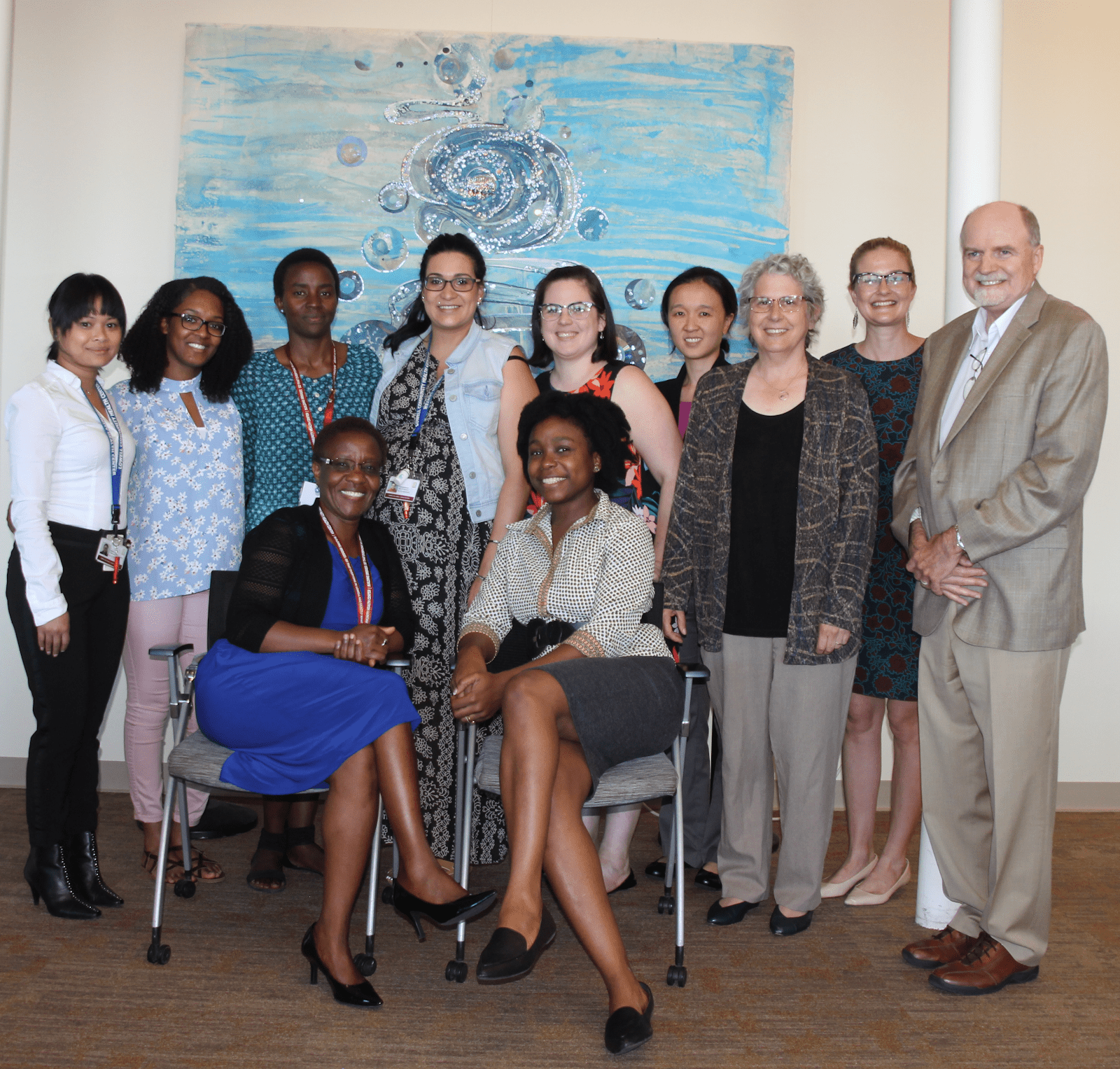No More Smoking Guns
November 11th, 2020 | viewpoint
One in 13 people has asthma (more than 24 million Americans). Tobacco smoke is a known trigger of asthma attacks. National asthma guidelines recommend people with asthma and pregnant women avoid smoking and exposure to secondhand smoke. Here is why it’s urgent:
We are strengthening the evidence-base for what works to reduce exposure to tobacco and other trigger factors to protect those with asthma and/or cardiopulmonary disease (COPD). The Reducing Older Adult Asthma Disparities (ROAAD) study and follow-up ROAAD-X (extension) are among the first in the nation to research home visits for low-income older adults conducted by community health workers paired with clinical teams. Promising results have been seen in improving outcomes, such as symptom-free days and reduced hospitalizations, for those with previously uncontrolled asthma and COPD among the priority African, LatinX, and East Asian immigrant clients.

Equity is of central importance as we advance state and community asthma-related smoking cessation initiatives. Efforts are moving beyond a primary focus on individual behavior change toward recognizing the institutional and societal contexts that promote smoking and make it harder to live smoke-free. Serving as evaluators to the Massachusetts Asthma Prevention and Control Program, we are helping the Department of Public Health assess progress in adopting a racial equity lens across its support of improved policies, systems, and environments. Included is reframing technical assistance, training, and guidance to recognize inequities and address social determinants of health that operate within school, home, clinical, and community settings.
As lead technical advisors to the Massachusetts Prevention & Wellness Trust Fund, we have witnessed the vital importance of strong collaboration between clinical and community services to implement strategies to prevent illness, improve health outcomes, and reduce health inequalities across race, ethnicity, and income. Such collaboration ensures that the multiple, interweaving social determinants of health can be equalized to the benefit of all.
For more information and citations, see the CDC EXHALE Technical Package.
Written by: Terry Greene
We strive to build lasting relationships to produce better health outcomes for all.